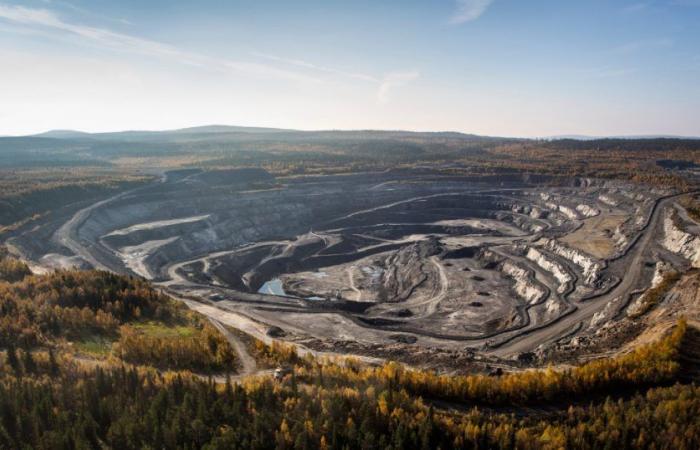
Brazil enters the market with a straight leg Rare lands, vital resources for the production of technological tools, in the field of renewable energies and in the defense sector, until now monopolized by China, also by virtue of its agreements and investments in Africa. The main sources of rare earths are minerals such as loparite and monaziterelatively abundant on the Earth’s surface but which must be subjected to an expensive manufacturing process. Rare earths are necessary for the production of electronic devices such as LCD screens, electric batteries rechargeable batteries, ecological vehicles and optical fibers but also for the production and innovation of industrial technologies, for nuclear reactors, for microwaves, superconductors and machinery for specific treatments of certain diseases. The functioning of modern society is largely linked to the availability of these materials and the possibility of using them to meet the needs of the population.
Since 1985 Beijing has managed to marginalize the competition and produces over 90% of the world’s supply of rare earths. Brasilia, as recalled by the agency Reuters, has the third largest global reserves of rare earths and the first mine of these resources, Green greenhousehas started its own commercial production this year. The United States and Europe are watching this development with particular interest because they intend to break it or at least reduce dependence on China and finance the development of an alternative industry. This is a project destined to bear fruit in the long term because Serra Verde, which employed 15 years to come into operationit should produce 5 thousand tons of these resources and reach 10 thousand by 2030 while China, in 2023, has produced over 240 thousand. At the moment there is no possibility of giving up Chinese supplies and this data highlights a weakness of the West which, by acquiring these materials, strengthens the economy of a strategic rival like Beijing and admits to being dependent on them.
Brazil’s potential has been held back, at least so far, by little funding provided to the sectorfrom the insufficient geological mapping of the land, from ecological concerns relating to the territories from which to extract resources and the slowness with which they are allocated acquisition permits. Brasilia can overcome these obstacles by upgrading its infrastructure, investing in research and development and improving the bureaucratic procedures that act as the backbone of the mining sector. The South American giant intends to reduce its dependence on imports and the importance of technology sector it could allow him to combine extractive activities with the satisfaction of the domestic and foreign markets. A crucial aspect of the issue concerns the implementation of sustainability in the mining sector because, as is known, the Brazilian biosphere it is particularly delicate and continues to be the subject of illegal exploitation policies that undermine its existence.
Brazilian mining companies, as announced by the portal of American government, have asked US companies to receive supplies of innovative materials and technologies necessary for the research and processing of rare earths. Among these there are software with Artificial intelligence for geological analysis, operation and maintenance of mines but also the products necessary to reduce the ecological costs of exploitation activities. Cooperation between Brazil and the United States in this sector it could strengthen bilateral relations between the two giants of the American continent, giving rise to profitable economic exchanges for both nations. The future of these developments is weighed by the uncertainties linked to the outcome of the US elections in November and the capacity of the future administration, in particular if it were to Republican leadershipto maintain good relations with the Brazilian President’s executive Luis Ignacio Lula da Silva. The ideological differences between Brazilian progressives and American conservatives, who have a specific vision for the future of relations with Latin Americais an element to take into consideration and the outcome of the US presidential consultations is destined to have repercussions in this area.





